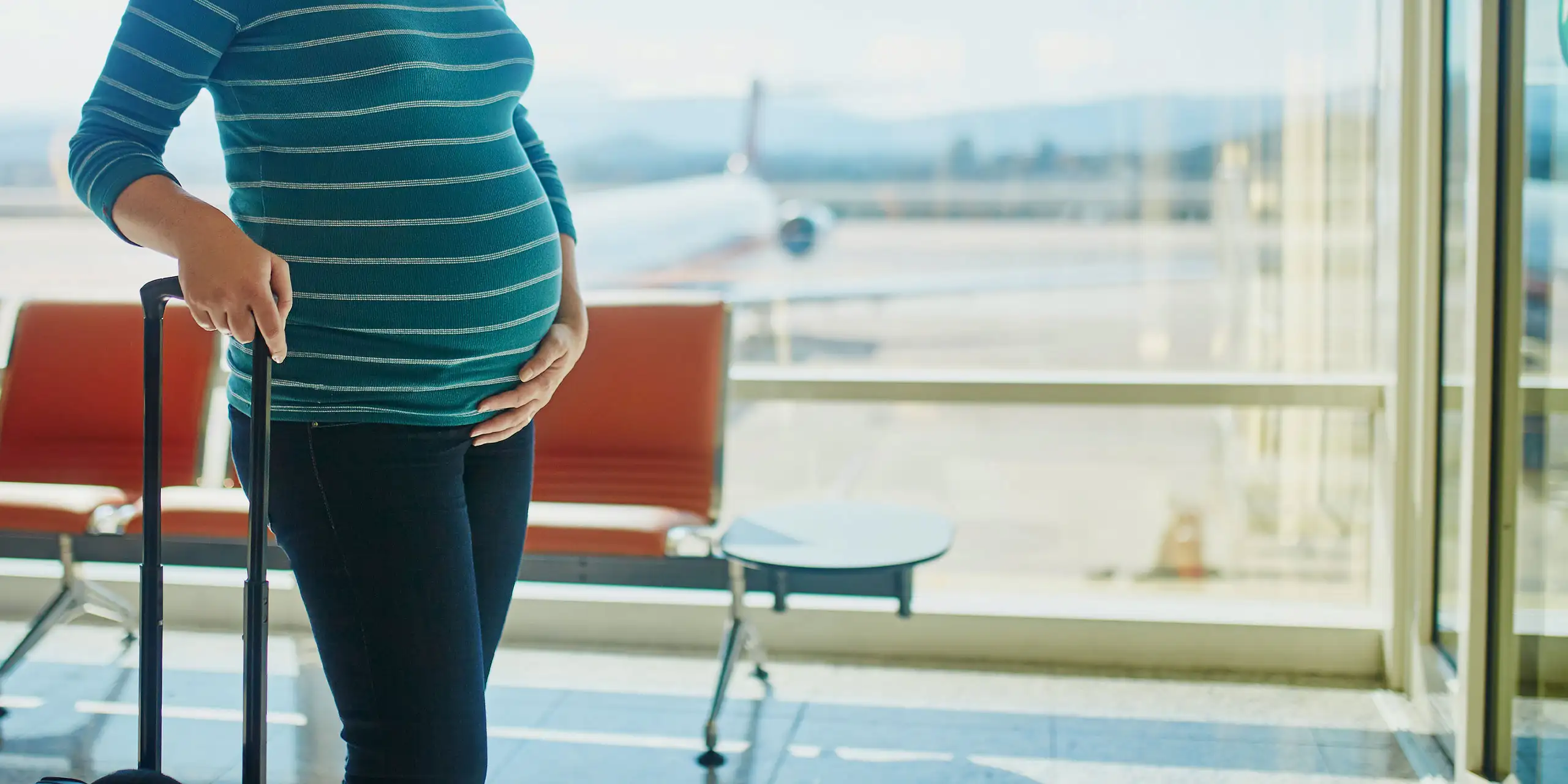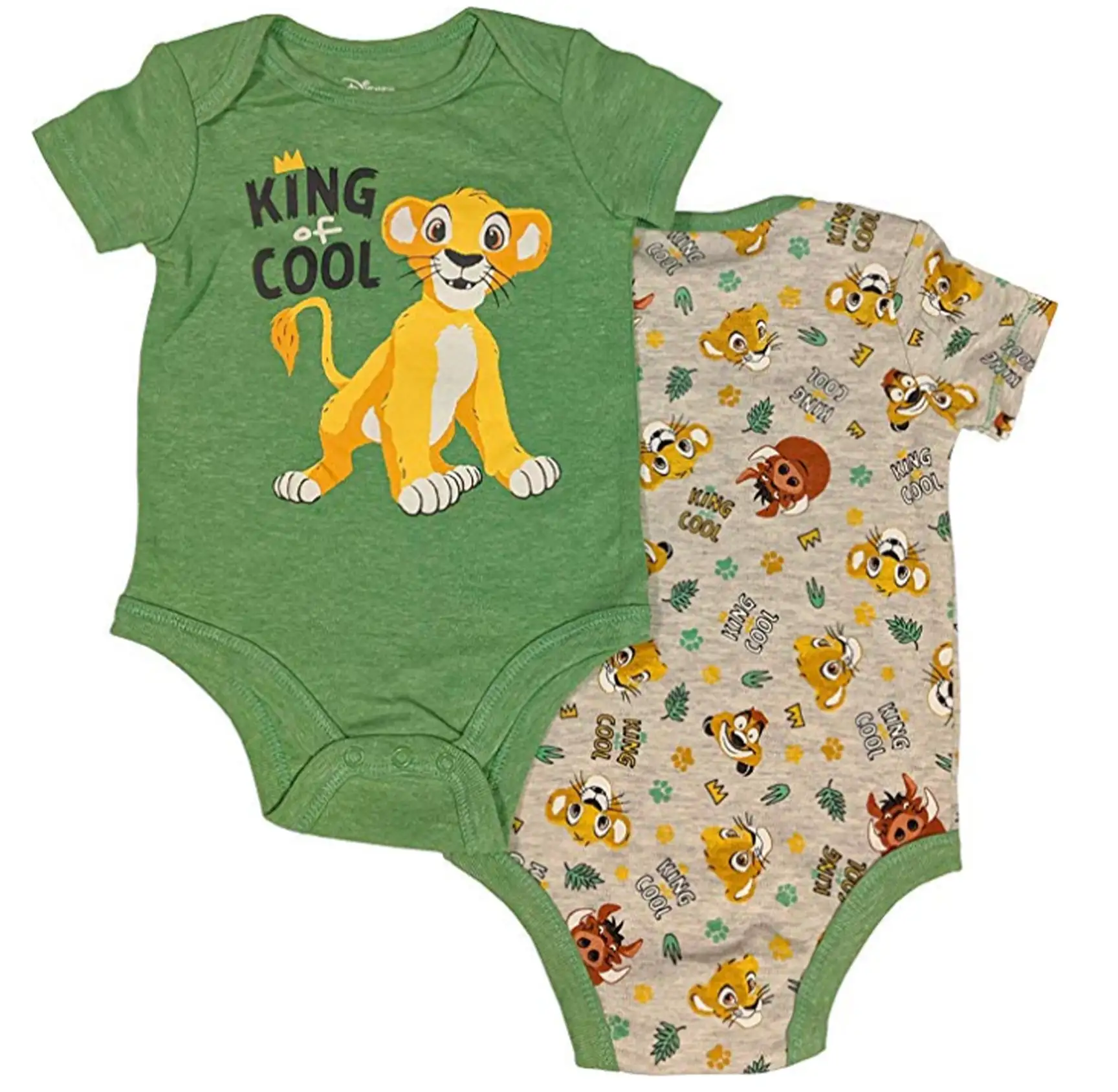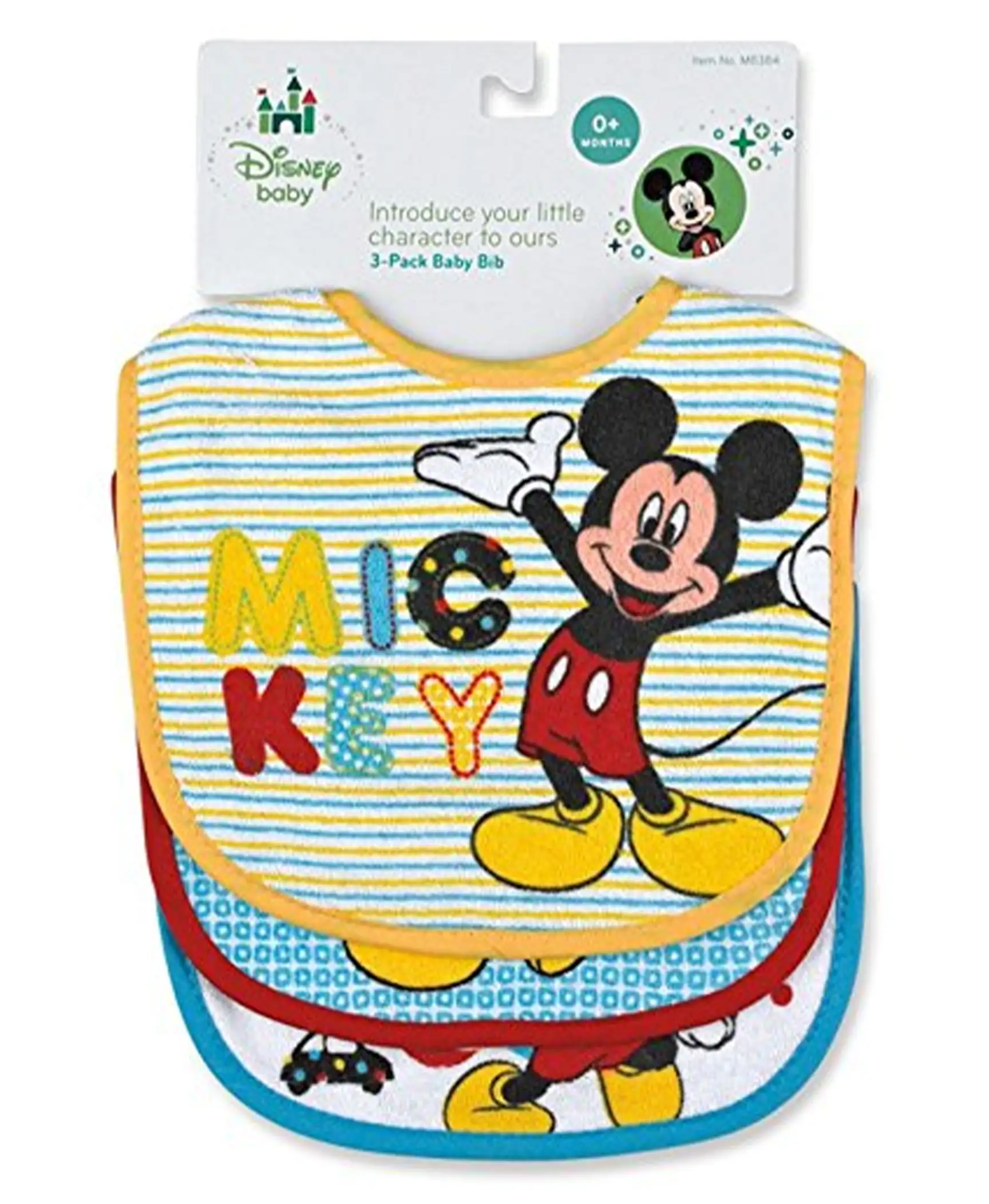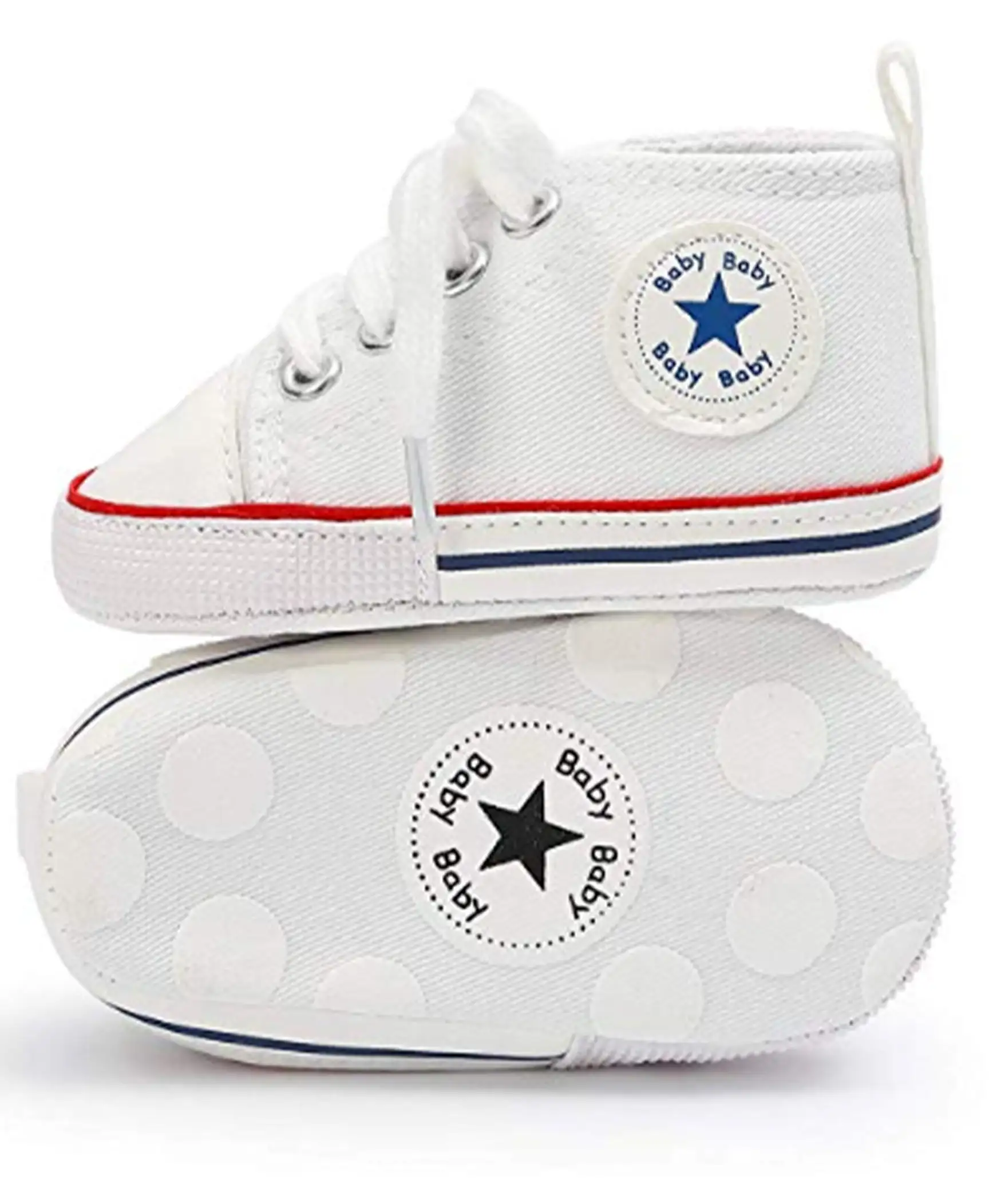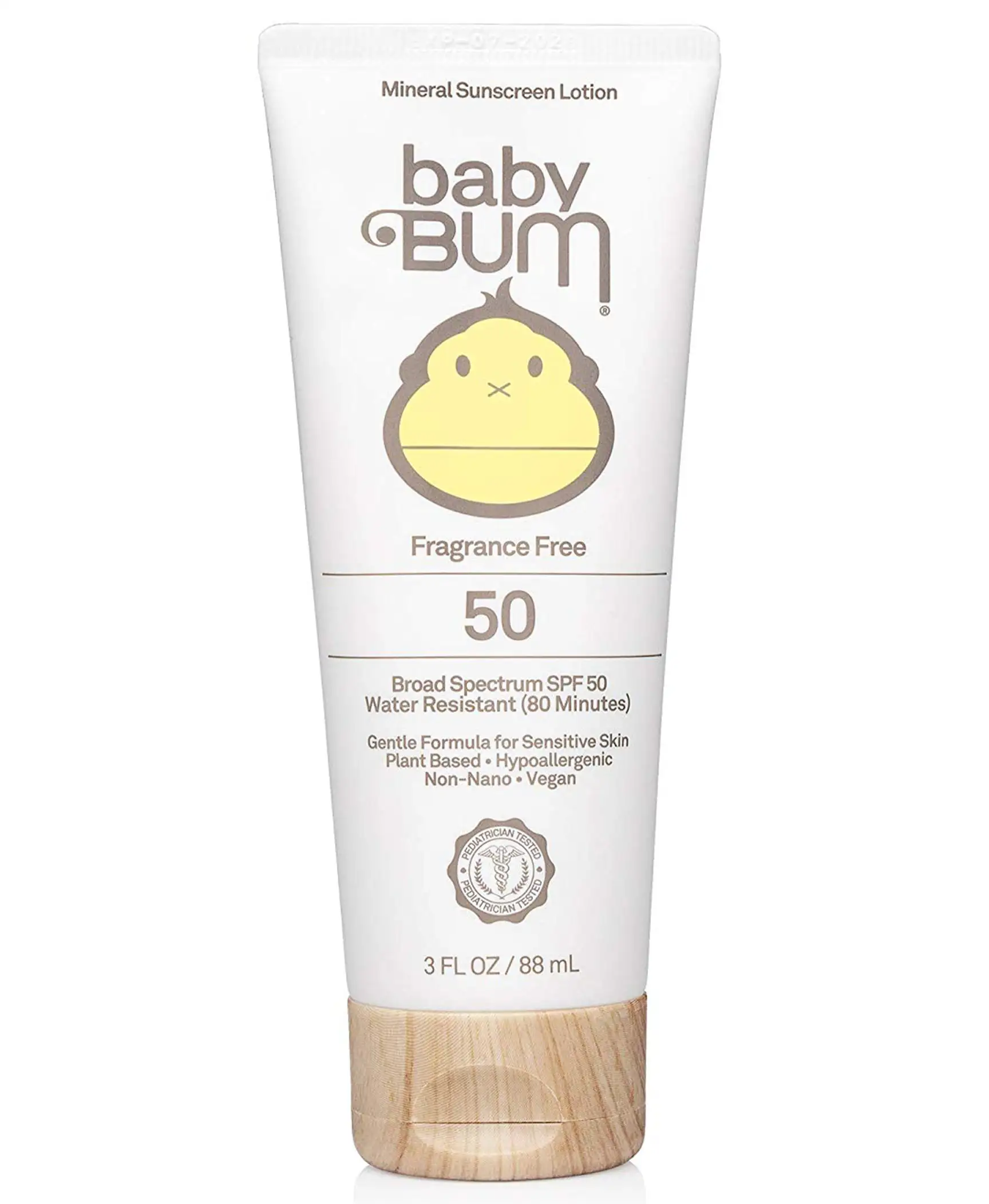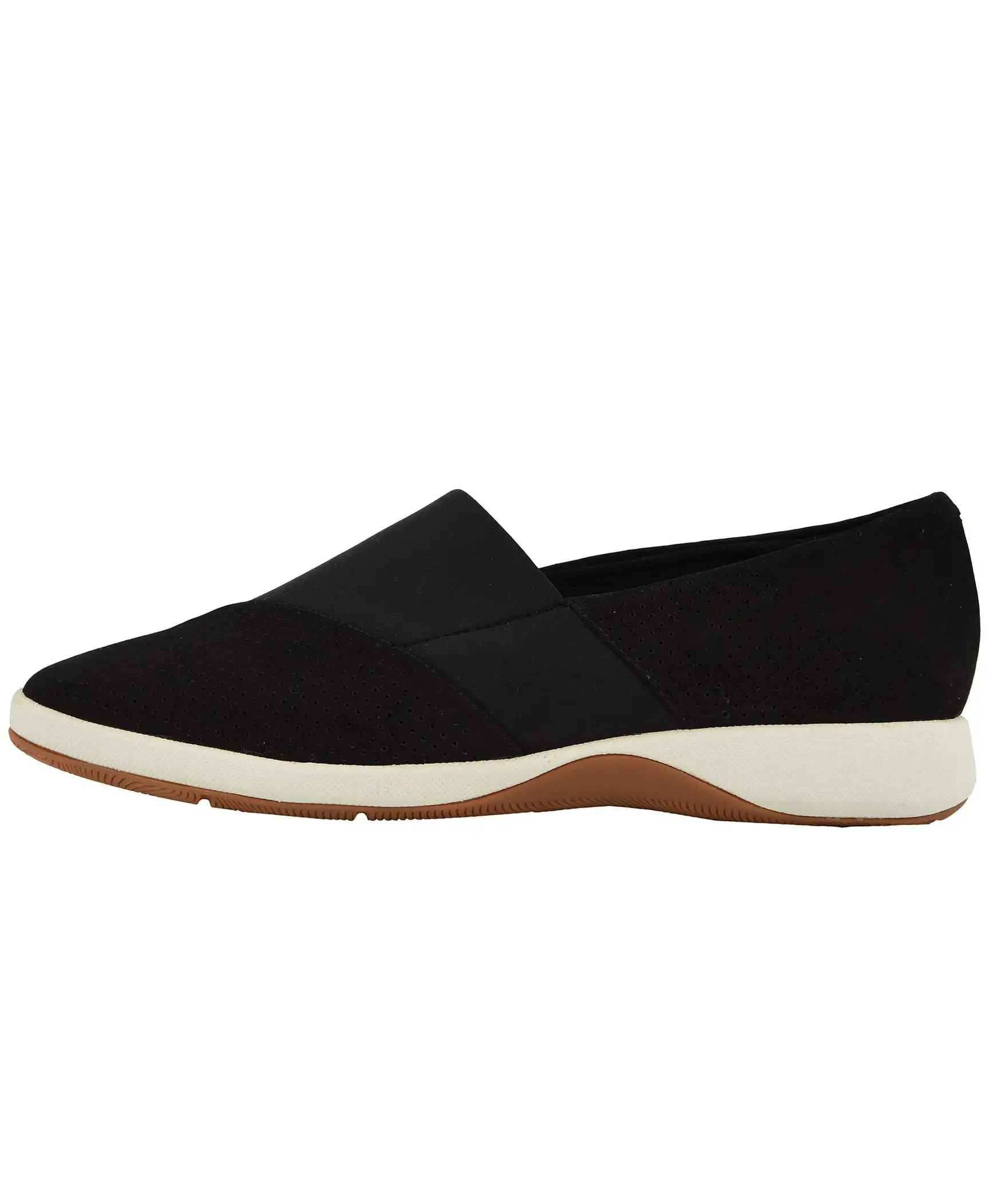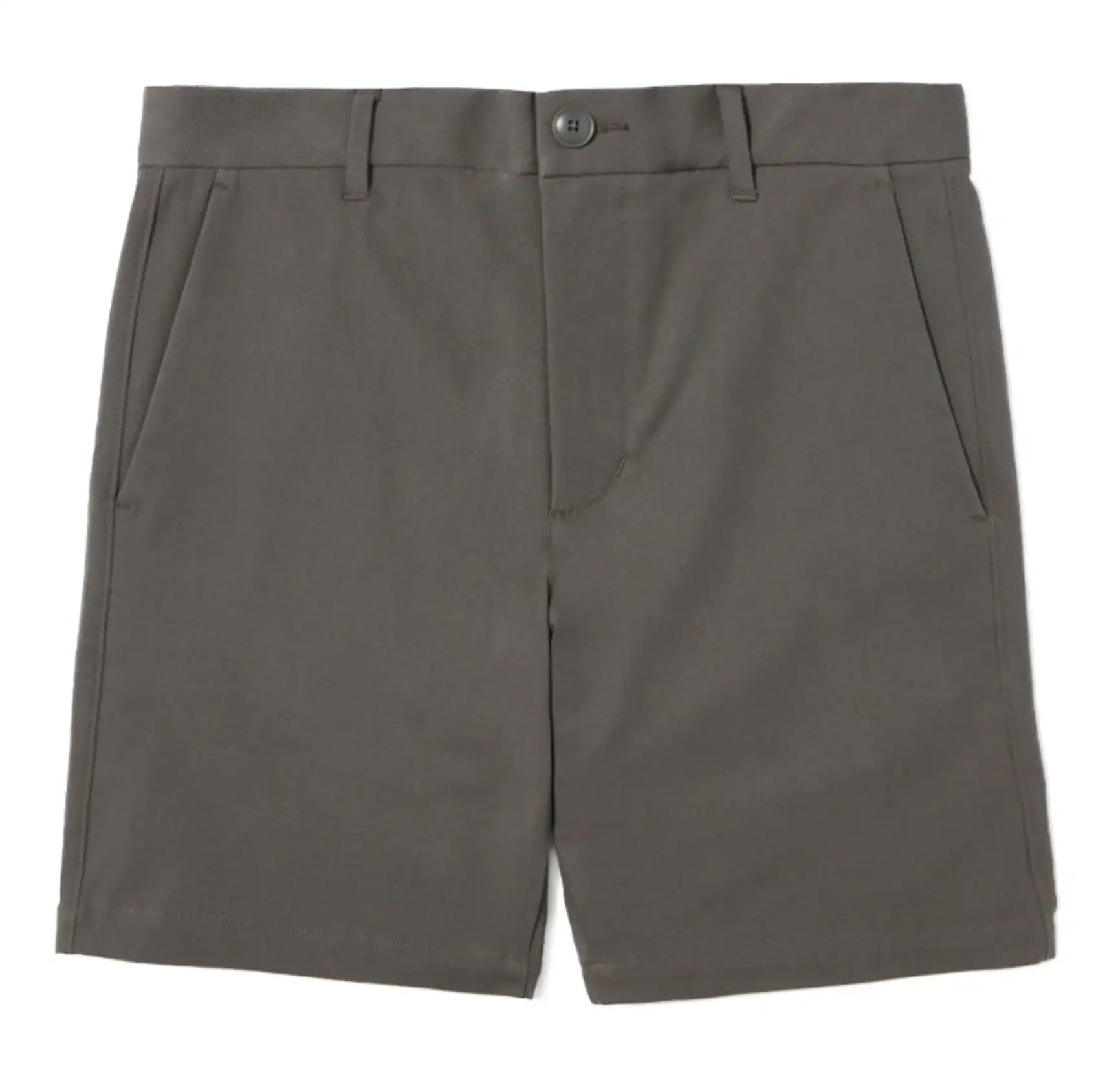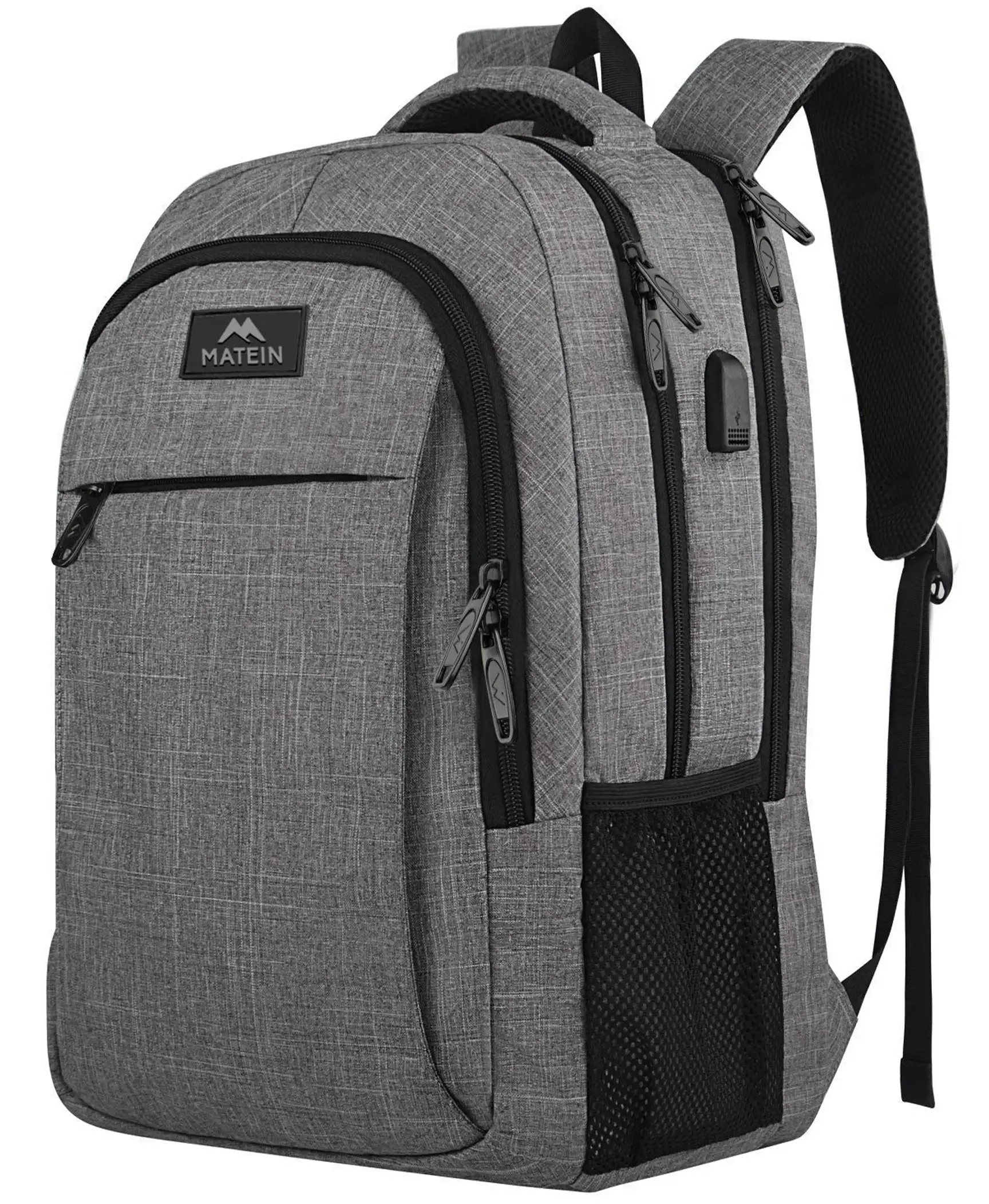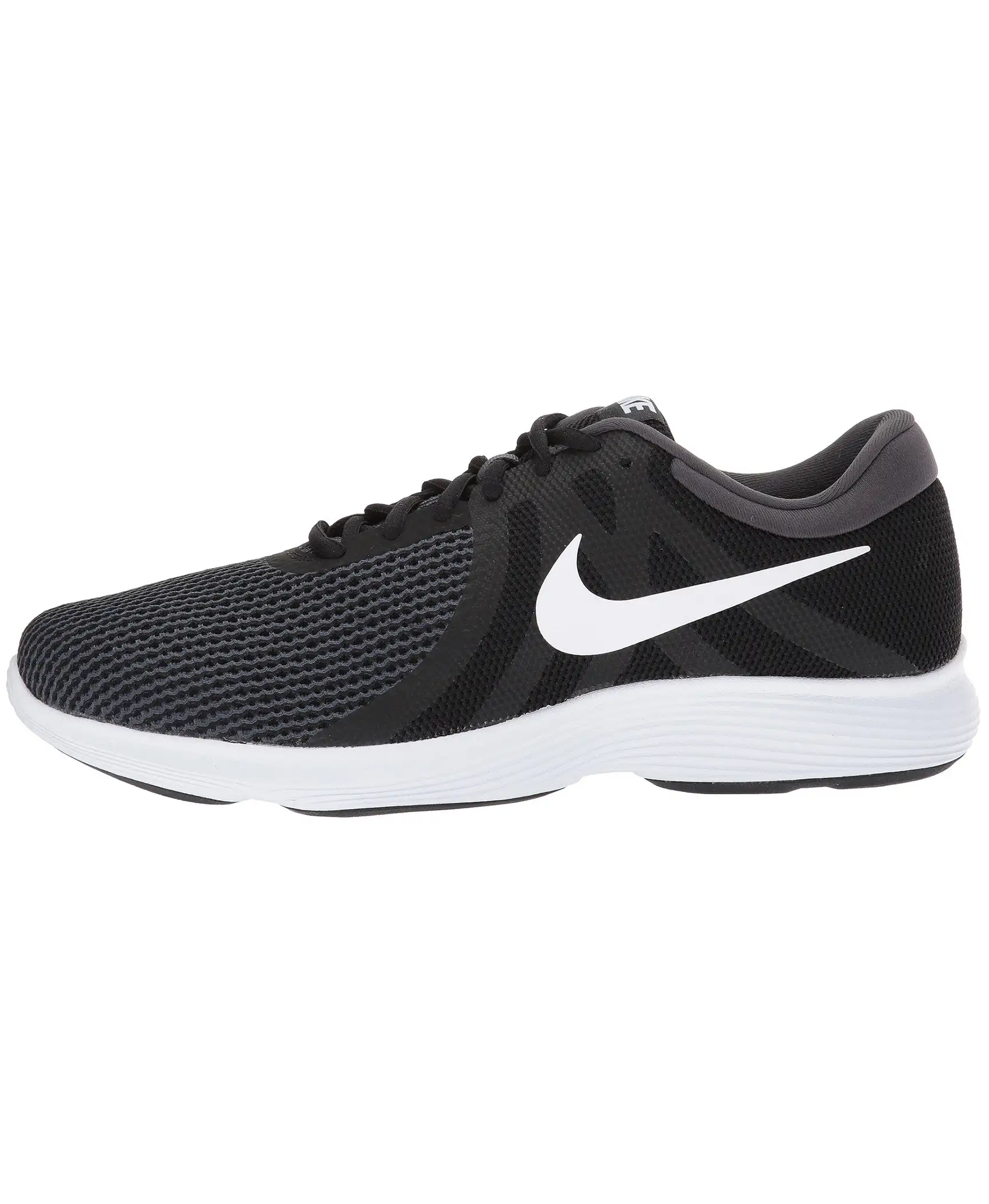As you know, there’s so much information out there for pregnant women—on the world wide web, from other mothers and friends, from your doctor and from those well-meaning mothers-in-law, too.
For women who love to travel and don’t intend to let up on it too much while pregnant, you can expect to get even more of an earful from well-intentioned friends and family when you tell them you’re headed off to XYZ destination at XY weeks of pregnancy.
We’re here to break down a few simple do’s and don’t’s when it comes to how to approach pregnancy—and take the best care of yourself and your little unborn jetsetter—while traveling.
The Do’s of Traveling While Pregnant
1. Do get a release from your OBGYN to fly.
“Generally, flight after 36 weeks of gestation is not recommended due to the risks of labor and birth en route,” says Jessica L. Illuzzi, MD, MS, a Yale Medicine Ob/Gyn, who is the chief of Laborists and Midwifery.”Many international flights have earlier gestational age cutoffs.”
“It is good to take a set of your pregnancy medical records, with prenatal labs if you will be traveling abroad,” she says.
Airline rules vary around the world and between companies when it comes to how late in her pregnancy a woman can travel on a plane. As a general rule on many international airlines, traveling internationally after the 28th week of pregnancy requires medical clearance from your doctor. Without it, you can be denied boarding. With medical clearance, most airlines allow pregnant women to travel up to the end of the 36th week or beginning of the 37th week of their pregnancy.
Before your trip, says Sheryl Hill, CEO of Depart Smart, a company that sells online travel safety courses, schedule an appointment with your doctor and get a note of clearance. “See your OBGYN and get a release to fly and a referral to an OBGYN at your destination with a clear focus on where you will go if baby decides it’s time,” she says.
Even if you don’t plan to fly, it’s important to check with your doctor as you move later into your pregnancy for their thoughts on how far from home you should consider straying on vacation or for work.
“Traveling far from home is generally avoided after 36 weeks,” says Illuzzi. “Traveling to remote areas without medical resources may be a concern between 24 and 32 weeks, because a baby born during this time period may not be able to receive needed care. Travel should always be discussed with your care provider.”
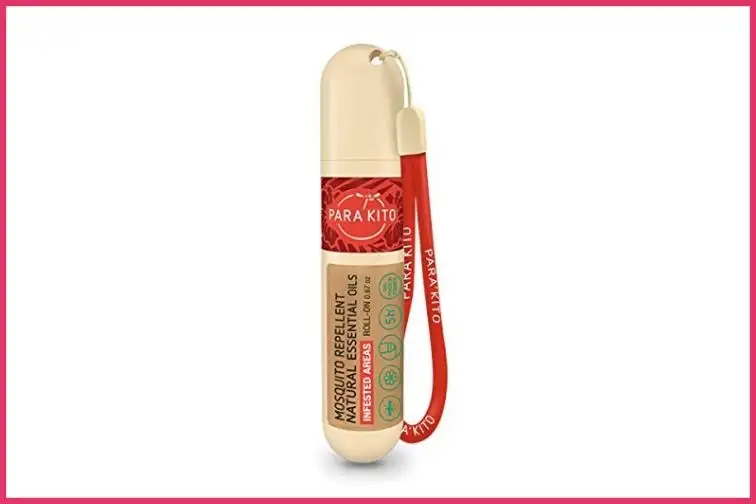
2. Do protect yourself against mosquito-borne diseases.
The CDC constantly updates its online advice for traveling to areas with Zika, advising pregnant women to talk to their doctors before traveling. It’s a good place to start. Then it’s up to you to protect yourself while you travel.
“Focus on mosquito bite prevention, particularly in areas with Zika or malaria which are more dangerous for pregnant women,” says Monica Wood, MD., who launched a botanical mosquito repellent bracelet called Sect Away. “Protection involves multiple strategies, including nets, clothing, repellents, and reducing mosquito populations.” She points to the American Mosquito Control Association website as a good resource on the topic. Remember that Zika is just the tip of the iceberg when it comes to mosquito born illnesses (Dengue fever, yellow fever, malaria and more are all risks to pregnant women).
Among the FDA-approved skin repellents deemed safe to use during pregnancy are DEET 25 to 30 percent and Picardin 20 percent, and you can also look into natural repellents. Just be sure to avoid repellent-sunscreens combination products, as they tend to require frequent re-application. A good travel mosquito net to consider is this one by EVEN Naturals that fits all size beds and packs down small to bring along.
Related: 9 Best Natural Bug Repellents for Kids
3. Do check-in with your cruise line on pregnancy restrictions before booking.
As a general rule, most cruise lines do not accept passengers who will have entered their 24th week of pregnancy before the cruise is over. Even if you’re within that limit, it’s a good idea to get a note from your doctor confirming how far along you are.
“Some cruise lines also require pregnant women to produce a doctor’s letter stating that they are fit to travel,” says Jenni Fielding of cruise travel agent site, Cruise118.com. “In any case, it’s always worth bringing documentation which shows the estimated due date to prove that you are less than 24 weeks into your pregnancy.”
Since some cruise lines let you book as much as 18 months out, if you’re planning to become pregnant you should ask about the cruise line’s cancellation policy for pregnant women, says Fielding.
“In most cases, the cruise line will allow you to cancel the cruise and receive a credit which you can use to either move your cruise dates forward, or to book another cruise after the baby is born. “Keep in mind, too, that six months is the minimum age for babies sailing with most cruise lines, and that jumps to 12 months for certain destinations.
Related: Things You Can’t Forget to Pack in Your Cruise Carry-On
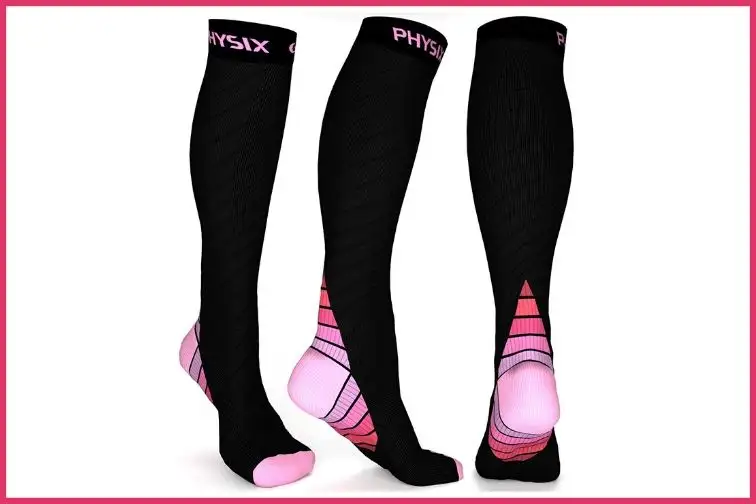
4. Do stay hydrated.
Making sure to drink enough water is one of the simplest things you can do for yourself when traveling while pregnant.
“Both dehydration and a full bladder can cause pre-term contractions,” says Illuzzi.“Avoid clothing that is too tight. Consider support stockings or compression socks, stretching your legs intermittently, maintain adequate hydration (drink fluids without carbonation—gases expand at altitude and can cause discomfort) and empty your bladder frequently.”
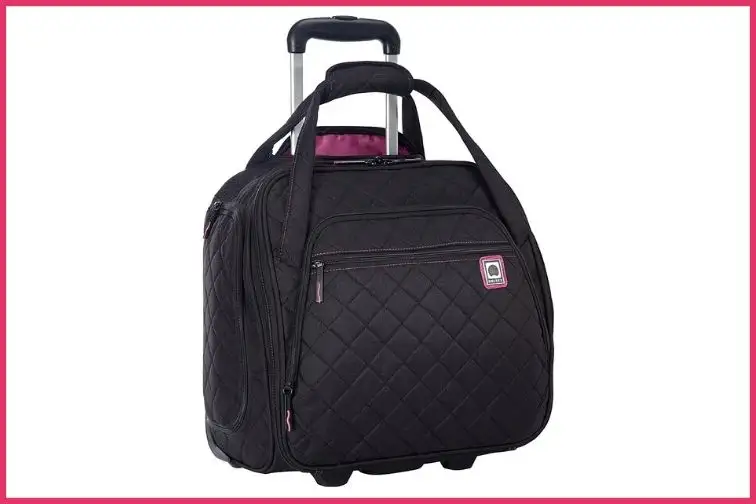
5. Do invest in the right travel gear.
Little things—like opting for or a roller bag over a duffel or backpack—go a long way in making travel easier while pregnant. Many airlines will even let you board early if you ask. Never be afraid to ask for help, too, when putting a bag in the overhead bin and doing other tasks that require much effort.
Related: 6 Best U.S. Airlines for Families
The Don’ts of Traveling While Pregnant
6. Don’t dive into activities without assessing the risks.
It seems like a no-brainer, but it’s easy to get caught up in all the fun of a cruise ship or theme park when so many activities are included in what you pay. But before even thinking about getting on a ride at a theme park or going down that waterslide, consider the risks, says Fielding.
“I made the mistake of going down one of the waterslides on a cruise (while pregnant),” says Fielding, “I didn’t read the sign, but followed a fairly small child up the steps so assumed it would be okay. The slide was actually pretty fast, and not suitable for pregnant women.”
“I was okay, although it’s always worth reading the signs as many cruise ship activities—such as ice skating, high ropes courses and trampolining—are not recommended for pregnant women.”

7. Don’t slack on the sunscreen.
“It is safe and recommended to apply sunscreen to sun-exposed skin during pregnancy,” says Los Angeles Dermatologist Tsippora Shainhouse, MD, FAAD. She advises wearing a broad-spectrum sunscreen with SPF 30+, which is recommended for all people including pregnant mothers.
“There has been no documented risk to the fetus, and no evidence that sufficient concentrations of any ingredient is absorbed into the bloodstream to cause fetal abnormalities,” she says. “Chemical sunscreens are excellent at absorbing and breaking down UV rays. Look for ingredients like Avobenzone and Octinocinate.”
Shainhouse recommends mineral sunscreens for people with sensitive skin. “Look for micronized zinc oxide or titanium dioxide (not nanoparticle),” she says. And there’s a bonus for pregnant women using mineral sunscreens, she says. “Mineral sunscreens might help minimize and manage melasma.”
Related: Best Sunscreens for Babies and Kids

8. Don’t forget the snacks.
Sometimes a pregnant mama’s advice is a good as any doctor’s.
“Pack snacks for the flight or car ride. This is especially important in the first and second trimesters when you seem to be hungry all the time,” says Mattie Givens, frequent traveler and family travel expert. “Try to pack things that have a little bit of protein in them as that can help curb headaches and nausea and will sustain you longer. Crackers, almonds and dried fruits are really great travel snacks.”
Givens’ favorite on-the-go snacks include Nature Valley Granola Bars and Blue Diamond Almonds.
Related: Kid-Approved Snacks to Bring on the Plane
9. Don’t stay still.
Those exercise-in-flight suggestions at the backs of inflight magazines are more relevant then ever when you’re pregnant. Whether you’re traveling by plane or in a car, bus, boat or train, it’s important for pregnant mothers to remember to get up and stretch their legs during the journey.
“Get up and walk around or get out of the car at least every two hours or as frequently as possible to help with blood circulation and swelling,” advises certified prenatal health and wellness consultant Carolyn Talents of CLT Wellness.

10. Don’t forget the little things.
Being pregnant is an unofficial license to ask a for a bit more pampering, so don’t be afraid to make requests at your hotel and elsewhere that will make you more comfortable. “Sleeping is hard enough when you are pregnant so don’t be afraid to ask (at your hotel) for as many pillows as you need to sleep comfortably,” says Givens. Requesting your own water bottle on a flight to help stay hydrated is completely acceptable, too. “Your body performs much better when you are hydrated, and traveling can take a lot out of you,” says Givens.
11. Don’t make yourself paranoid.
There’s lots to be concerned about when you’re pregnant. But try to remember that adage that pregnancy is not an illness. After all, women in every country of the world do it with great success. With the usual moderation you’d exercise traveling as a family or alone, being pregnant shouldn’t hinder you.
True story: When I was traveling in beautiful Finland while pretty far along with my first, I wondered if I should avoid going into the sauna (a major Finnish pastime). So I asked a Finnish friend what the locals did and she said not only do pregnant women go in the sauna (albeit perhaps for shorter sessions than when not pregnant), she was actually born in a sauna!
I took part in moderation, and was glad I didn’t miss such a great opportunity by being overly paranoid.
And I can confirm that my son turned out just fine.
Longtime travel writer and adventurer Terry Ward lives in Florida with her husband and young son and daughter. She’s constantly on the lookout for the next Scandinavia Airlines Kids Fly Free deal to save money on flights to Norway, her favorite place to visit both in the winter (Northern Lights!) and summer (Midnight Sun!). A travel writer since 2001 (read: long before the kids came along), she’s written for such publications as Endless Vacation Magazine, Conde Nast Traveler and Scuba Diving Magazine, among many others. Find Terry on her website, Terry-Ward.com.
What to Pack for Your Next Trip
Our team of parents and travel experts chooses each product and service we recommend. Anything you purchase through links on our site may earn us a commission.


